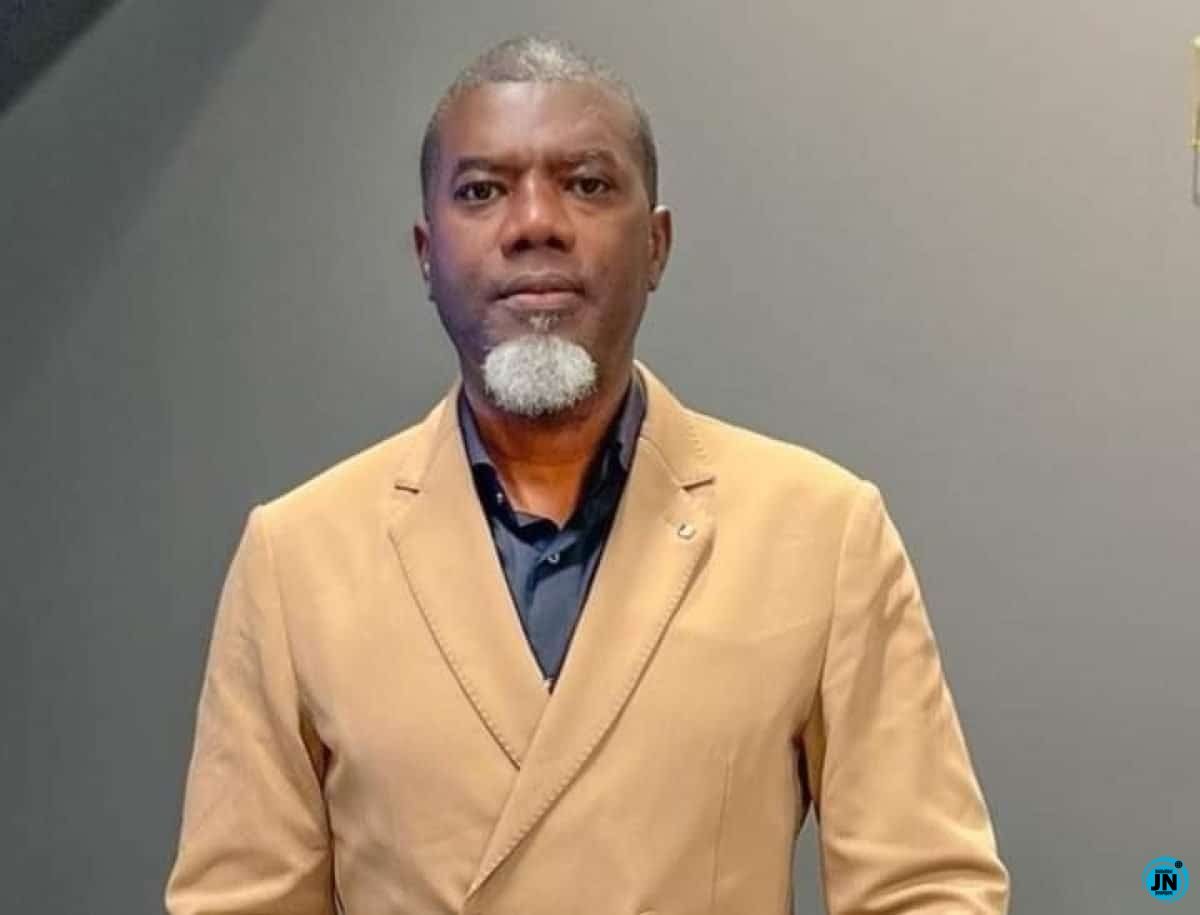Popular political activist, Reno Omokri, has sparked controversy with his advice to Nigerians in light of the increased fuel prices. President Bola Tinubu's announcement regarding the removal of fuel subsidies caused chaos in the country, with prices surging over 60% within a day. Fuel station dealers responded by increasing prices and hoarding petroleum products, further exacerbating the situation.
Numerous celebrities, including Timaya, Tiwa Savage, and Speed Darlington, expressed their frustration over the price hikes on social media. Speed Darlington even called for a referendum after purchasing 5 liters of fuel for N5000 at a fuel station.
In response to the ongoing fuel price saga, Reno Omokri took to his social media platform to offer his advice. He suggested that Nigerians who cannot afford the new fuel prices should consider walking or purchasing bicycles for their daily transportation needs. Omokri referenced his recent visit to Ghana, another oil-producing nation, where petrol prices are higher than in Nigeria but without government subsidies. He argued that the money saved from removing fuel subsidies could be allocated to developing infrastructure, such as power plants, schools, and hospitals.
Omokri emphasized the need for alternative transportation options, pointing out that cities like Lagos, Kaduna, and Abuja have implemented trains and commercial buses. He urged other states to follow suit and encouraged the government to support and assist Nigerians in acquiring environmentally friendly alternatives like bicycles. He further suggested that increased walking could have positive effects given the country's rapidly growing population, stating that if people are occupied with walking from one place to another, they may be less inclined to focus on raising larger families.
The advice provided by Omokri has sparked debates among Nigerians, highlighting the challenges faced by citizens in coping with rising fuel prices and the need for sustainable transportation solutions.



